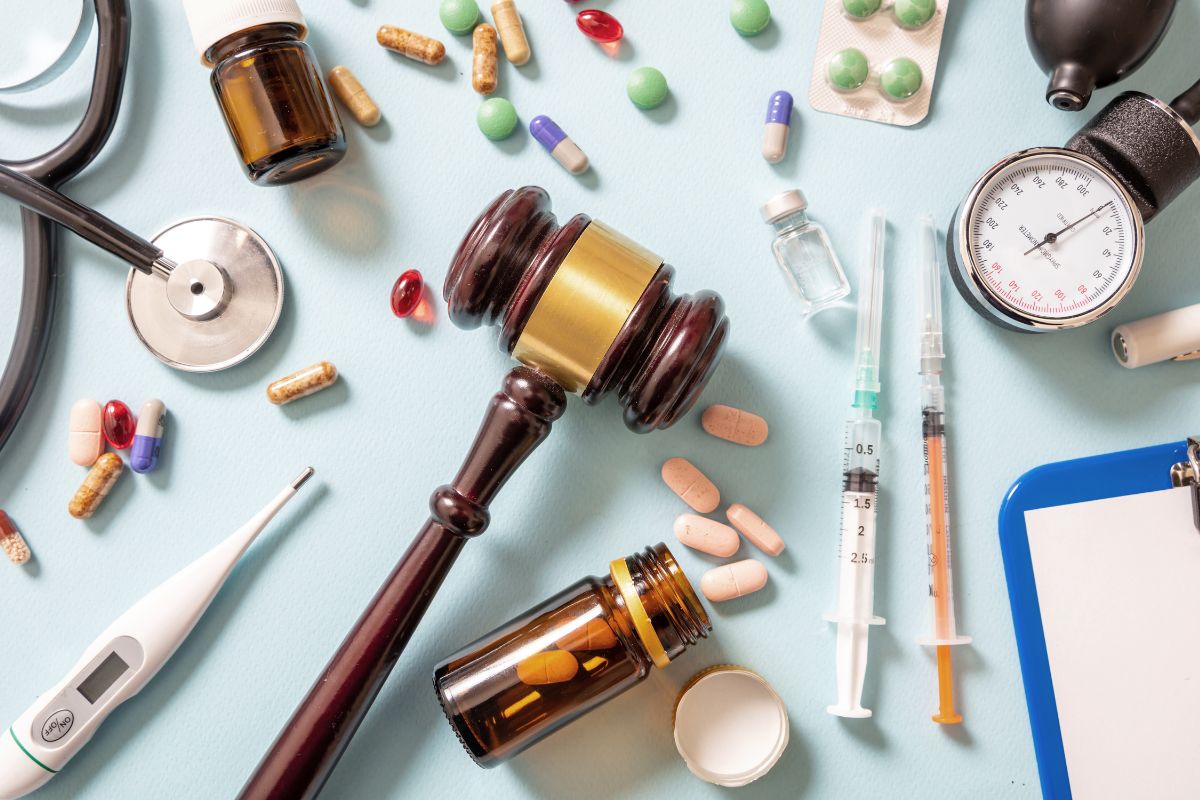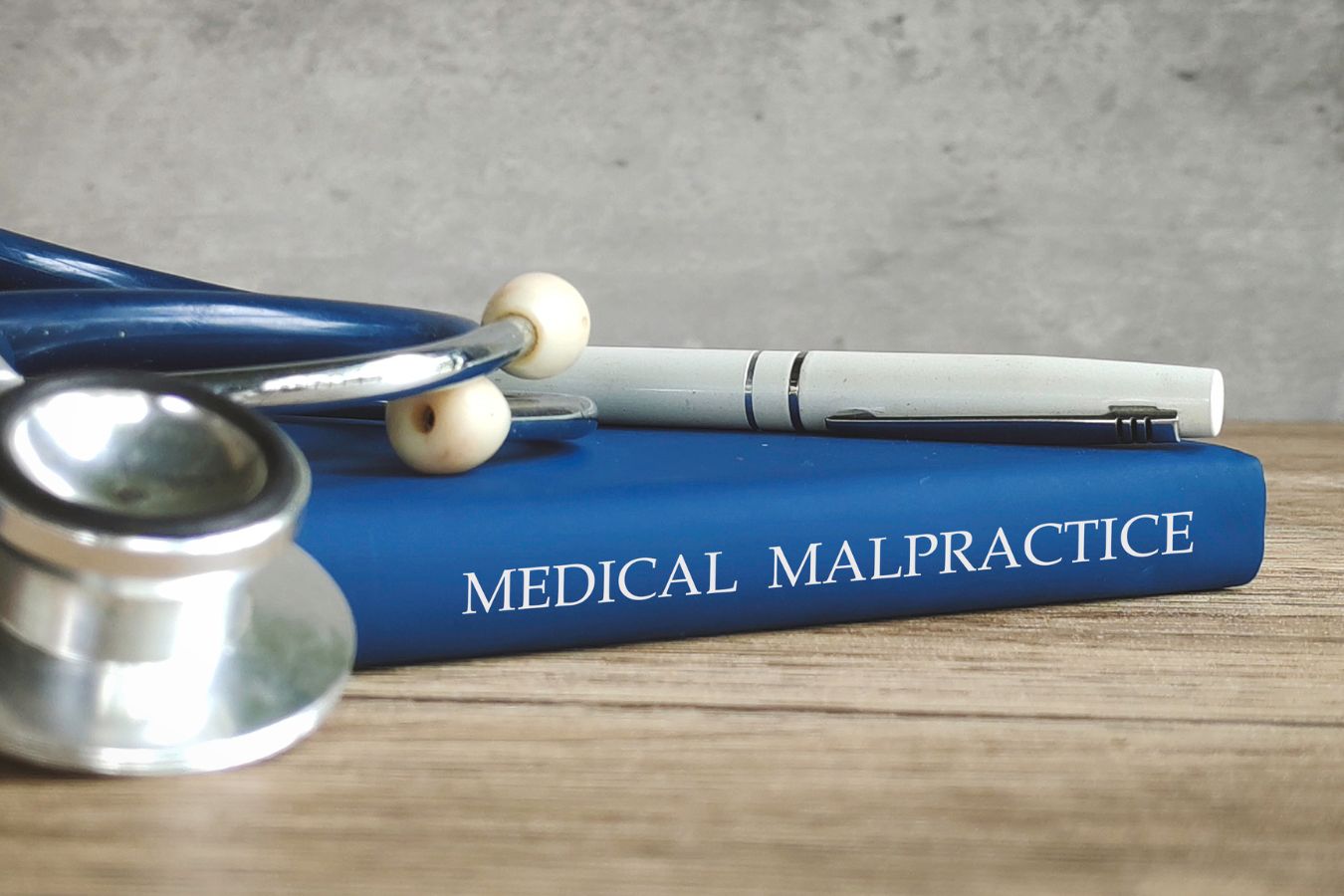
If I ever feel that a medication has caused me harm, my first call is to my doctor. I share exactly what I’m experiencing, when symptoms began, and any changes to my prescriptions. Getting medical attention quickly is smart—it creates a clear record of the incident that could help me later.
From Prescription to Legal Protection
A pharmaceutical drug side-effects lawsuit occurs when someone is harmed by a medication and seeks compensation for the damage it caused. This can involve prescription drugs, over-the-counter medications, or even defective medical products. The goal isn’t just financial recovery—it’s holding those responsible accountable.
How Can I Recognize if I Have a Valid Case?
I might have a valid pharmaceutical drug side-effects lawsuit if I can show:
- I took the medication as directed.
- I experienced harmful side effects that weren’t adequately disclosed.
- There is a link between the drug and my injury, backed by medical evidence.
- That’s why documenting every detail is key.
Common Types of Medication Side Effects That Lead to Lawsuits
Some side effects are more likely to result in legal action, including:
- Severe allergic reactions
- Organ damage (such as liver or kidney failure)
- Stroke or heart attack
- Dangerous drug interactions
- Congenital disabilities
Examples of Dangerous Drugs and Their Side Effects That Led to Lawsuits
Over the years, certain drugs have faced lawsuits due to serious risks—such as opioid painkillers leading to addiction and overdose, certain cholesterol medications linked to muscle damage, or specific blood thinners tied to uncontrollable bleeding.
Steps to Take If You Experience Harmful Side Effects from Medication
If I suspect my medication caused harm, I:
- Seek immediate medical care.
- Save all drug packaging, receipts, and prescriptions.
- Keep a journal of symptoms and treatments.
- Ask my doctor for a written opinion on the cause of the harm.
- Contact a Personal Injury Attorney in Springfield, MO for legal advice.
Understanding Pharmaceutical Negligence
Pharmaceutical negligence occurs when a manufacturer, pharmacist, or healthcare provider fails to act with reasonable care, resulting in harm. This could be due to poor testing, mislabeling, dosage errors, or failing to warn about risks.
Who Is Liable for Adverse Effects Caused by Defective Pharmaceutical Drugs?
Liability may fall on:
- Drug manufacturers – for producing or marketing unsafe products.
- Doctors – for prescribing an inappropriate medication.
- Pharmacists – for dispensing the wrong drug or dosage.
- Hospitals or clinics – for system errors in medication delivery.
When Doctors and Pharmacists May Be Liable
They may be responsible if a doctor prescribes a drug without checking for allergies or potential interactions. Similarly, a pharmacist who gives the wrong medication or instructions could face legal consequences.
What Compensation Can You Expect from a Pharmaceutical Drug Side-Effects Lawsuit?
Compensation may include:
- Medical bills (past and future)
- Lost income
- Pain and suffering
- Emotional distress
In severe cases, punitive damages are used to punish reckless behavior.
Class Action Lawsuits vs. Individual Lawsuits in Pharmaceutical Cases
A class action combines claims from many people against the same drug company. It can be efficient, but may result in smaller individual payouts. A separate lawsuit focuses solely on your situation, potentially leading to more personalized results.
Timelines vary. Some cases resolve in months; others take years, especially if expert witnesses are needed or if the drug manufacturer aggressively fights the claims. Patience and detailed documentation help keep the case strong.
The Role of Pharmaceutical Litigation Attorneys and How Rah Law Can Help
A skilled attorney investigates the cause of harm, gathers medical evidence, consults with experts, and negotiates with the drug company or their insurers. I protect clients from feeling lost in the legal process at Rah Law. My role is to make it easier to understand your rights and take confident steps toward justice.
As someone who’s been in that position, I know how overwhelming it feels to suspect your medication caused an injury. Taking quick action—getting medical help, preserving evidence, and seeking legal advice—can make all the difference. If you’re ready to move forward, let a Springfield Personal Injury Lawyer help guide you in your next step.





